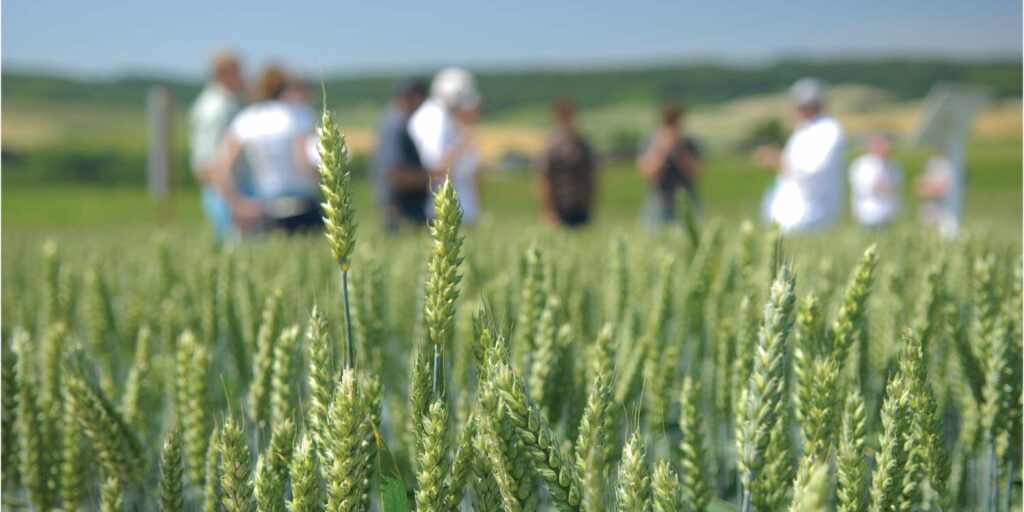In the wheat fields of northern Nigeria’s Jigawa State, a quiet revolution is taking place. Farmers are now cultivating heat-tolerant wheat varieties that thrive even as temperatures soar to 40°C. This is more than just an agricultural achievement it symbolizes a broader shift in how the country is reimagining its food systems and empowering its farmers.
This transformation is gaining further momentum with the rollout of the Special Agro-Industrial Processing Zones (SAPZ) Phase 1 program. Officially launched in April 2025 in Kaduna and Cross River States, the initiative is a bold step towards modernizing agriculture and boosting food security. With a funding pool of $538 million, SAPZ is a public-private partnership designed to link rural production areas with markets through the development of agro-processing hubs. These hubs are expected to enhance value addition, reduce post-harvest losses, and create thousands of jobs across the agricultural value chain.
The SAPZ program brings together state and federal governments, development partners, and private sector investors to create integrated infrastructure that supports everything from processing to logistics. The goal is to turn rural zones into agro-industrial centers of excellence. Farmers in these areas will benefit from better access to modern technologies, training, and market opportunities, all while contributing to the national drive for self-sufficiency in food production.
Central to Nigeria’s agricultural transformation is the National Agricultural Growth Scheme Agro-Pocket program. Introduced as a response to rising food prices in 2023, this initiative represents a leap forward in the way agricultural support is delivered. At its core is an innovative “e-wallet” system that uses digital technology to connect smallholder farmers directly with suppliers of seeds, fertilizers, and agro-chemicals. By eliminating intermediaries, the system ensures that government subsidies and farm inputs reach the intended beneficiaries efficiently and transparently.
The e-wallet platform allows farmers to receive digital vouchers on their mobile phones, which can then be redeemed at registered agro-dealer outlets. This not only empowers farmers but also stimulates rural economies by encouraging the growth of a more dynamic and accountable agricultural supply chain. Over time, the system has proven to be an effective tool in promoting inclusive growth, improving productivity, and reducing the inefficiencies that previously plagued subsidy programs.
In addition to supporting staple crops like rice, maize, and wheat, the Agro-Pocket program also promotes diversification into high-value crops such as soybeans and groundnuts, enhancing income opportunities for rural households. Training sessions and extension services are being scaled up to equip farmers with the knowledge and tools they need to adapt to climate change, adopt sustainable practices, and increase yields.
Together, initiatives like SAPZ and Agro-Pocket mark a turning point in Nigeria’s agricultural story. They represent a shift from subsistence to commercial agriculture, from fragmented efforts to coordinated strategies, and from traditional practices to innovation-led growth. As these programs expand, they are expected to not only increase food production but also strengthen rural livelihoods, stimulate industrial development, and build resilience in the face of climate and economic shocks.
Nigeria’s agricultural transformation is just beginning but with the right investments, partnerships, and policy frameworks in place, it promises to sow the seeds of a more secure and prosperous future for millions of its people.

